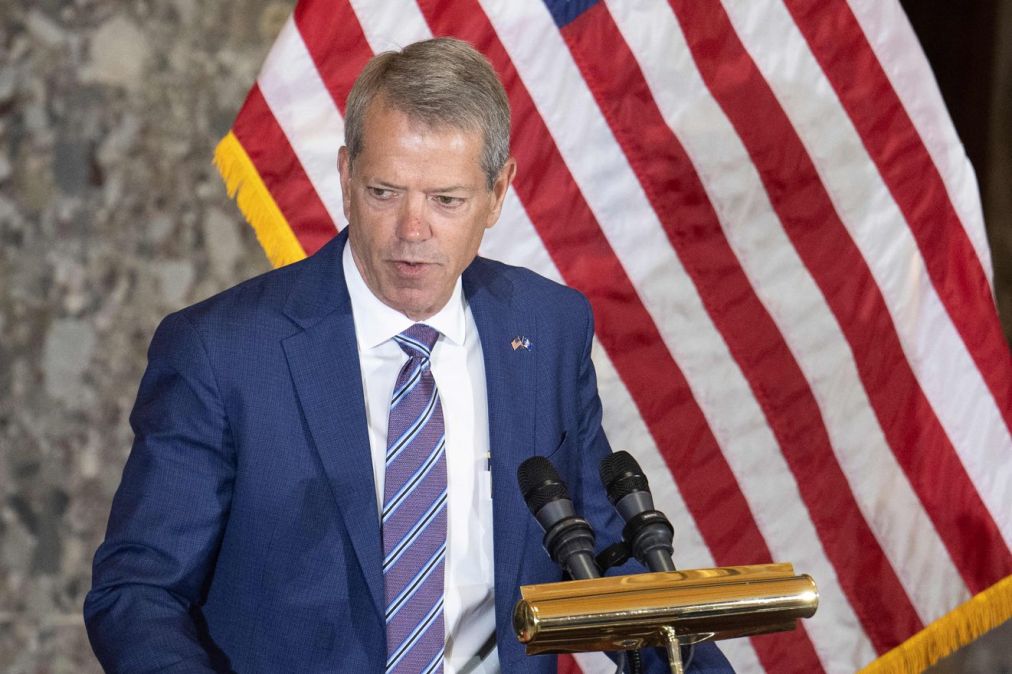Nebraska staff union pushes back on governor’s order ending remote work

An executive order issued by Nebraska Gov. Jim Pillen will end remote work for state agency workers at the start of next year — but not if they have anything to say about it.
Pillen issued Executive Order 23-17 earlier this month, which ends remote work for state employees on Jan. 2, 2024. But the Nebraska Association of Public Employees, representing more than 8,000 State of Nebraska employees, has filed a demand to bargain, arguing that productivity hasn’t changed for those working from home, according to Justin Hubly, the union’s executive director.
“There are still a number of employees, a critical group of employees, who are working some days of the week in-office and some days remotely. From our perspective, work has been getting done,” Hubly told KLN News in a recent interview. “We haven’t seen widespread inefficiency issues, so it was surprising when Governor Pillen, unilaterally and without warning, decided to bring everybody back.”
Nebraska was among the many states to shift more employees to remote-working models during the COVID-19 pandemic, a change widely — though not universally — embraced by technology officials who saw opportunities to eliminate real estate costs and attract personnel from a wider geographic pool of candidates.
Hubly said the union also has an issue with the executive order from a procedural standpoint.
“While we respect the Governor’s right to have a preference,” Hubly said in an official statement in response to the order, “the terms and conditions of employment are mandatory subjects of bargaining under both the Nebraska State Employees Collective Bargaining Act and the Industrial Relations Act.”
Hubly added that working remotely has increased employee retention for many businesses and state agencies, though it isn’t explicitly covered in the contract for Nebraska’s state employees. He argues that reversal could impact organizations that have been “critically short-staffed.”
“Our contract contains a clause that says the employer (the state) agrees not to implement changes unilaterally to the terms and conditions of work that fall outside the scope of the contract … and in fact, remote work is not covered in the contract,” Hubly told KLN. “If the Governor is to unilaterally say, ‘You all have to come back,’ and we lose a critical mass of employees … that’s going to affect our neighbors, our fellow Nebraskans.”
On Monday, the union sent a formal demand to bargain to the governor’s chief negotiator, giving the state until Dec. 12th to respond.






